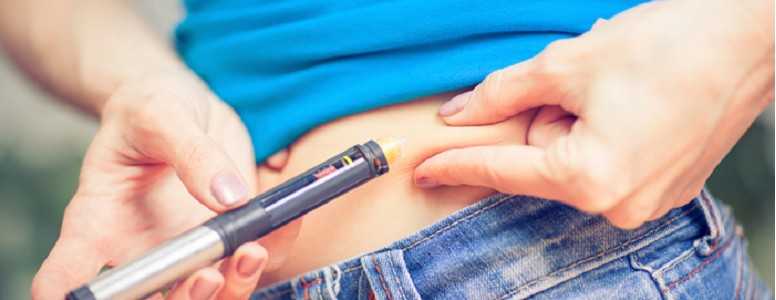A pioneering way to measure the quantity of cells which release insulin in the pancreas has been developed, researchers have said.
The new method – never before been used in relation to diabetes – not only detects how many beta cells there are, but also how well they are producing insulin.
It is thought the new approach could be used to test how effective treatments are in a bid to slow or reverse diabetes, which develops when the body’s immune system destroys the beta cells needed to produce insulin.
The innovative process, developed by a team from the University of Wisconsin-Madiso, has been tested on mice. It involves a positron emission tomography (PET) scanner, which is commonly used to detect tiny levels of cancer by finding radiation within the body.
Applying the PET scanner, the research team were able to find minute traces of a radioactive chemical in the pancreas of a mouse, indicating there was a problem.
Lead author Weibo Cai, who is an associate professor from the university’s department of radiology, said: “In some conditions you can have an adequate number of beta cells, but not all of them are functioning. We measure volume and get a product of function times volumen, which is what everybody wants to know.
“Our test is based on the calcium channel, a portal that the cell uses to exchange chemicals with its environment. The cell has to be active to take up manganese chloride, therefore it’s functioning, and if you have more functioning beta cells, then you have more insulin. We don’t think there is another way to do this with this degree of accuracy.”
The researchers are now planning to test the method on people which they hope will eventually lead to US Food and Drug Administration (FDA) approval, meaning it has been deemed safe use in general practice.
The findings of the study have been published in the August edition of the Diabetes journal.
What's new on the forum? ⭐️
Get our free newsletters
Stay up to date with the latest news, research and breakthroughs.






